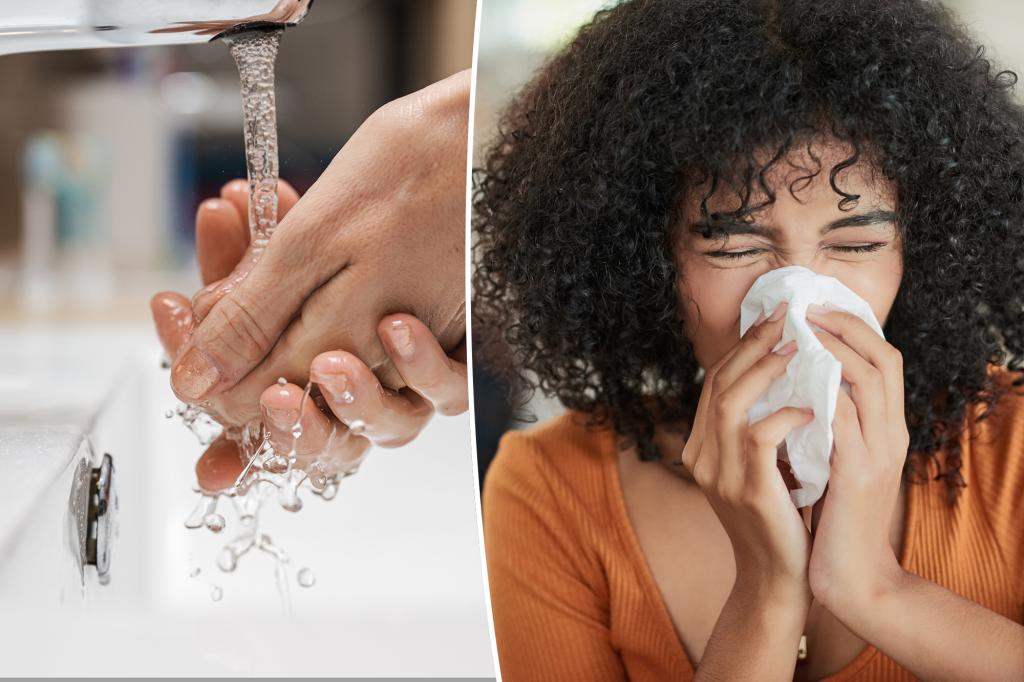A 71-year-old woman reportedly contracted a brain infection from using tap water — and died from it.
Regardless of whether tap water is safe to consume where you live, experts advise against letting it go into your sinuses — or you risk being exposed to a brain-eating condition, like this unidentified woman.
According to the CDC, if water contains amoeba — single-celled organisms — and it gets into a person’s nose, it can travel to the brain and cause the fatal infection, commonly known as “brain-eating amoeba” but the technical term for it is Naegleria fowleri, which is what most likely happened to this woman.
Although the Texas Department of State Health Services claims that the sink water in the area is safe to consume, they believe the woman rinsed her sinuses from an RV’s water system at a campground and was infected by Naegleria fowleri, as explained by the Daily Mail.
The condition — typically found in warm water lakes and rivers — is rare, but it’s deadly — killing almost 97% of people who contract it.
The CDC reported 157 confirmed cases in the nation between 1962 and 2022.
And reportedly, Texas is one of the few US states that has the largest number of amoeba cases.
In addition to Texas, Florida has also fallen victim to this terrifying infection.
In 2023, a Florida woman contracted the brain-eating infection the same way the Texas woman did — and died from it.
“The adult patient reportedly performed nasal rinsing daily with unboiled tap water, which is thought to be the source of the infection,” the CDC said in a statement to Fox 4.
Symptoms of Naegleria fowleri start to show up about 15 days after a person has been exposed.
They can range from a mild fever, headache, nausea and vomiting — to more severe ones like a stiff neck, confusion, lack of attention, loss of balance and seizures.
Unfortunately, once a person has been exposed and severely infected — even with treatment, most will die from it.
Regardless of where someone lives and the quality of their area’s tap water — to avoid any potential exposure to this serious condition, experts recommend boiling water before rinsing sinuses with it or using distilled water, avoid going underwater in a bathtub or freshwater.
It’s also recommended to supervise children playing with sprinklers, and if you haven’t been home in a few days, let water run for several minutes in sinks or showers to flush out stagnant water.
Read the full article here
